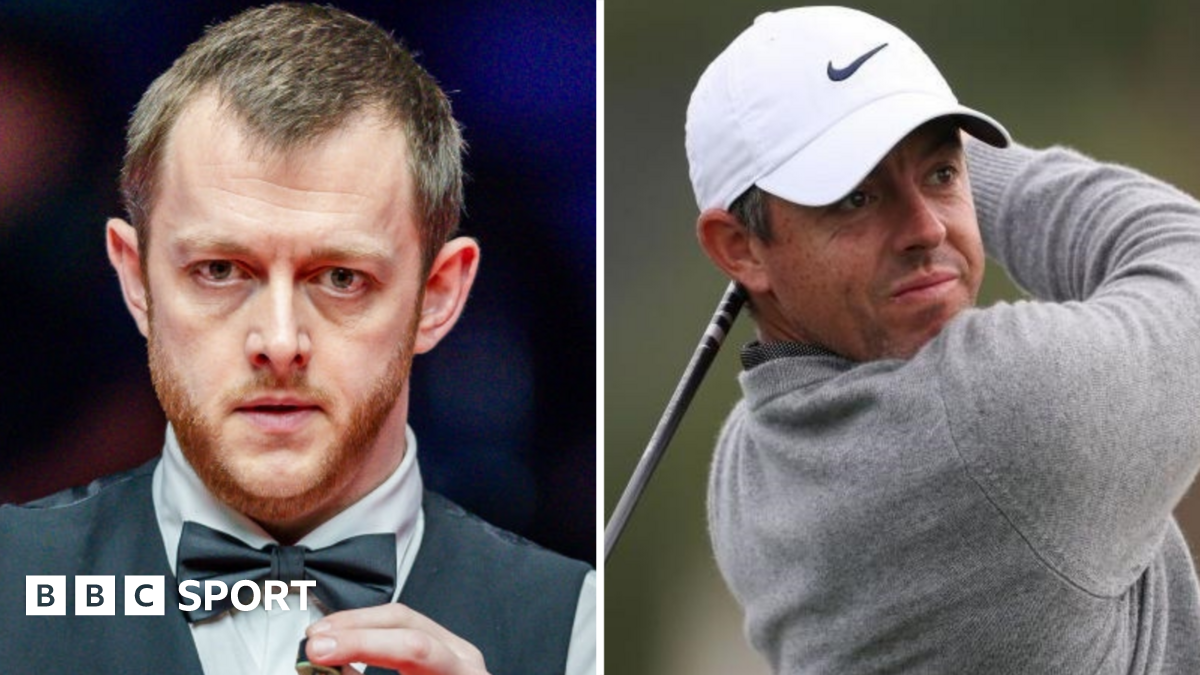Paige Bueckers: Transforming College Basketball and Paving the Way for Future Stars
Paige Bueckers is on track to make history as she becomes the first player from the University of Connecticut (UConn) to be selected as the No. 1 overall pick in the WNBA draft since Breanna Stewart achieved the same feat nine years ago. Both athletes have carved their names in the annals of college basketball, each becoming iconic figures at UConn by leading their teams to four Final Four appearances. However, while Stewart entered the professional ranks without the financial support that players now enjoy, Bueckers is stepping into the spotlight with substantial earnings, having already signed lucrative endorsement deals with major brands such as Nike and Gatorade. This shift highlights the profound changes in NCAA regulations concerning athletes' rights to profit from their name, image, and likeness (NIL) — a privilege that has significantly altered the landscape of college sports. In contrast to their male counterparts, women athletes in college basketball do not have the same one-and-done path to professional leagues. Men can enter the NBA draft after just one year of college, regardless of age. For instance, Cooper Flagg, an outstanding freshman from Duke, is projected to be the No. 1 pick in the upcoming NBA draft, having recently turned 18. The NBA and WNBA have divergent eligibility rules, which historically hampered the potential income of female athletes. The advent of NIL rights has transformed this dynamic, allowing female players like Bueckers to benefit financially while still representing their college teams. Bueckers’ head coach, Geno Auriemma, emphasized her pivotal role in this new era, stating, "I think Paige is the poster child for how it’s supposed to be. That’s the way it’s supposed to work." He underscored the importance of athletes being able to capitalize on their talent, especially in a time when players were not compensated for their contributions. To qualify for the WNBA draft, players must be either seniors with no remaining college eligibility or must turn 22 during the draft year and forfeit any remaining eligibility. However, there is little demand for alterations to these rules, primarily because of the current compensation structure in women's professional basketball. The top pick in this year's NBA draft is projected to secure a contract worth approximately $13.8 million for their rookie season, while the No. 1 pick in the WNBA draft will earn about $78,831. For women’s basketball players, staying in college makes financial sense, particularly when considering the lucrative NIL deals that many have established. These agreements will often continue into their professional careers. While the WNBA's highest base salary is around $242,000, this figure is expected to rise as interest and investments in women's sports increase. The NIL era began on July 1, 2021, transforming college athletics significantly. Haley and Hanna Cavinder, twin guards from Miami, were among the first to embrace this opportunity. Their rise to fame included being featured on a billboard in Times Square as the faces of Boost Mobile, ultimately helping them amass multimillion-dollar fortunes thanks to their strong social media presence, which boasts over 7 million followers across TikTok and Instagram. Reflecting on their journey, Haley Cavinder remarked, “I think we were pretty naive in the beginning with it, honestly. ... I didn’t know how much money there was.” With their college careers concluding last month, the twins have set a precedent for future athletes navigating the NIL landscape. Another standout, Olivia Miles from Notre Dame, who was anticipated to be a top pick in this month’s WNBA draft, opted to enter the transfer portal instead, choosing to continue her college career. This decision allows her to retain her NIL deals and potentially earn more in the long run, even forgoing the immediate $78,000 WNBA salary. Similarly, JuJu Watkins, a highly talented player from Southern California, faced a season-ending injury but remains poised to benefit from her existing NIL deals while recovering. The financial incentives to remain in college are evident, as many athletes can build significant earning power without rushing into the professional ranks. Data from Opendorse, a company specializing in NIL services, indicates that women's college athletes are becoming increasingly valuable in the media landscape, boasting social media followings that surpass those of their male counterparts. Opendorse CEO Steve Denton noted, "Female student-athletes are probably the most effective media buy in sports right now," highlighting their superior engagement rates compared to male athletes. As Paige Bueckers looks ahead to the WNBA draft, her journey exemplifies the evolution of college sports, showcasing how female athletes are now better positioned to thrive financially while pursuing their athletic dreams. Bueckers’ choice to remain in college underscores the shifting paradigm, where the opportunities available through NIL agreements provide a compelling case for female athletes to prolong their college careers in pursuit of both education and financial success.



















